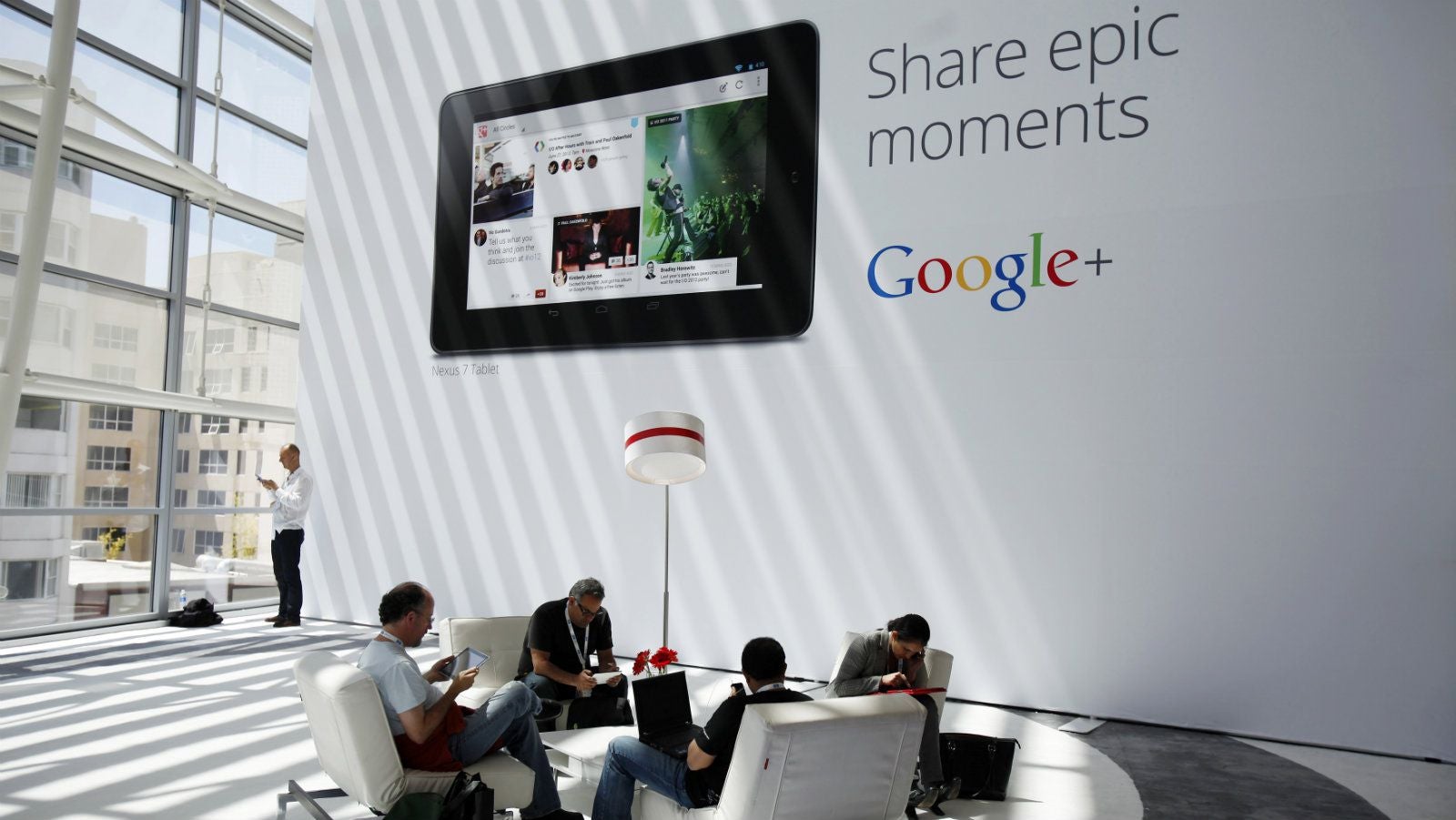Google is finally—finally!—giving up on forcing people to join Google+
Remember the old days, when Google sincerely thought that Google+ was the future of Google? That future is no more. As of this month, Google no longer automatically creates a Google+ account for new users to Gmail.


Remember the old days, when Google sincerely thought that Google+ was the future of Google? That future is no more. As of this month, Google no longer automatically creates a Google+ account for new users to Gmail.
Quartz confirmed this by creating a new account. A Google spokesperson said the company updated the sign-up process earlier this month, adding that “users can now create a public profile during signup, or later, if and when they share public content for the first time (like a restaurant review, YouTube video or Google+ post).”
Earlier this month, Google separated Hangouts, its video calling service, from its social network. In August, Bloomberg reported that Google would de-link the Photos service from Google+.
The changes follows the departure, in April, of Vic Gundotra, the man responsible for Google+. Shortly after the announcement, the editor of TechCrunch forecast the impending demise of Google+, suggesting that the social network would no longer be considered a product. Rather it would take the shape of a platform, allowing Google to use it as a base for other ventures.
It didn’t take too much insider knowledge to make that call: That Google+ was the basis for Google’s identity management rather than a full-fledged social network had been apparent for some time. The latest change is just further acknowledgement of that.
Google+ may have started life as a social network, but a better way to see it is as a consolidating force. Just as Google’s much-contested 2012 privacy policy change allowed the company to bring together user data from its disparate services, Google+ was about merging the different identities people used for Gmail, YouTube, Blogspot, and other Google services.
But the web is a very different place today, three years after Google+ went live. Back in 2011, the web was still a vaguely pseudonymous place; not every website required login details. In 2014, most casual internet users are signed in all the time.
Thanks to the usefulness of Gmail and Chrome, most users of Google services are perpetually signed in—including when they make web searches or visit YouTube. The accompanying rise of smartphones means people are generally signed in on their mobile devices too.
As we have explained before, signed-in users are tremendously valuable to big web/ad firms in order to track the effectiveness of advertising on eventual purchase patterns. The real value of Facebook, to advertisers, is that it knows who is looking at the ads on its platform and who is acting on them.
That, then, is the legacy of Google+. What started as a competing social network left Google with a robust identity service. And that’s what it needs to ensure it remains attractive in the new world of advertising.